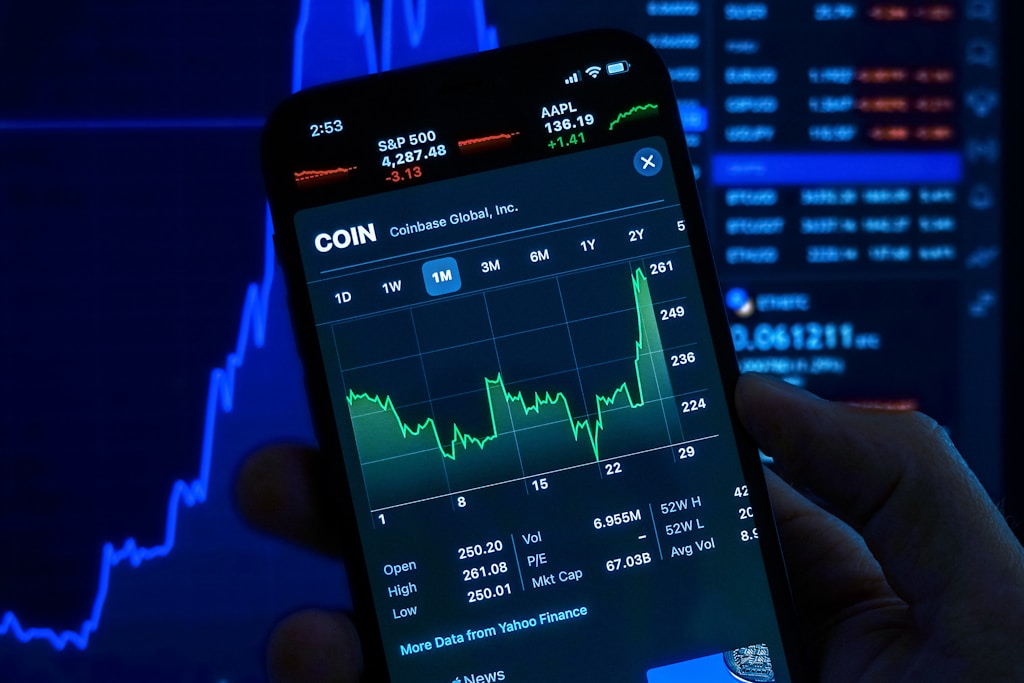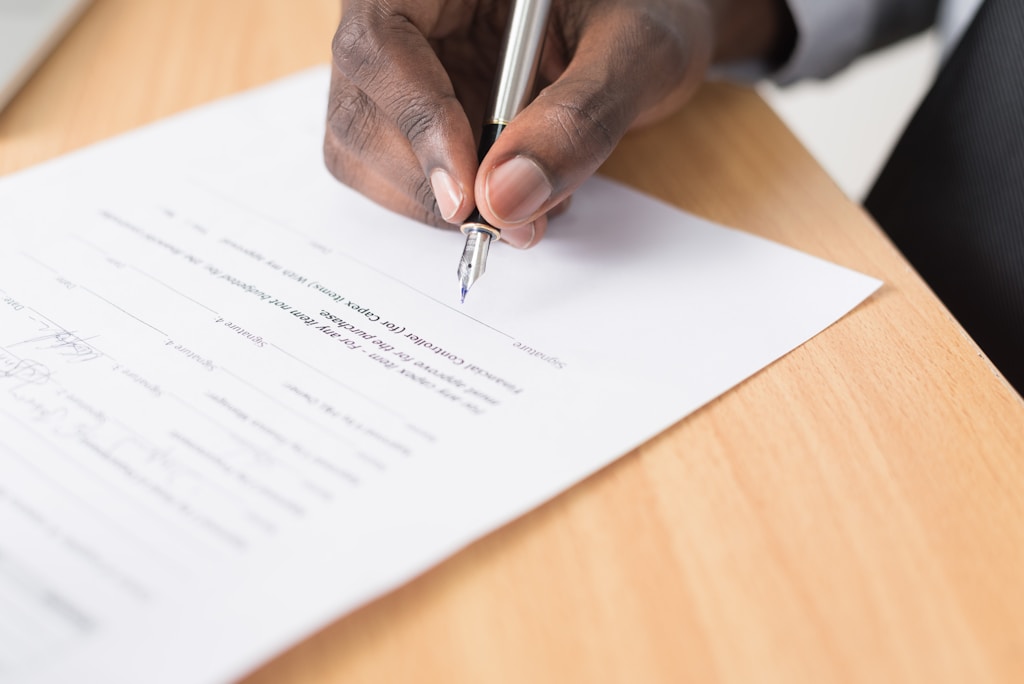Pakistan is taking a decisive step toward cryptocurrency regulation with the announcement of the Pakistan Digital Assets Authority (PDAA), marking a significant development in the country’s approach to digital asset oversight. This move aligns with the broader trend of emerging crypto regulatory frameworks in Asia, potentially reshaping the region’s digital economy landscape.
Key Highlights of Pakistan’s Digital Assets Authority Initiative
- Establishment of dedicated regulatory body (PDAA) for crypto oversight
- Focus on FATF compliance and anti-money laundering measures
- Promotion of financial innovation and inclusion
- Development of blockchain-based financial infrastructure
Strategic Implications for Pakistan’s Crypto Ecosystem
The formation of PDAA represents a watershed moment for Pakistan’s cryptocurrency market, potentially opening doors for institutional investment while ensuring regulatory compliance. This development comes as global markets respond positively to regulatory clarity in the digital assets space.
SPONSORED
Trade with confidence on a regulated platform with institutional-grade security
Regulatory Framework and Compliance Measures
The PDAA will implement comprehensive guidelines focusing on:
- Licensing requirements for crypto businesses
- Consumer protection mechanisms
- Risk management protocols
- Market manipulation prevention
Impact on Regional Crypto Markets
Pakistan’s move could influence neighboring countries’ approaches to crypto regulation, potentially creating a domino effect across South Asia. The initiative may also attract international crypto businesses looking to expand their operations in the region.
Frequently Asked Questions
When will the PDAA become operational?
The authority is expected to begin operations in Q3 2025, following administrative setup and stakeholder consultations.
What types of digital assets will be regulated?
The PDAA will oversee cryptocurrencies, tokens, and other blockchain-based financial instruments.
How will this affect existing crypto businesses in Pakistan?
Existing businesses will likely need to obtain licenses and comply with new regulatory requirements within a specified transition period.
Looking Ahead: Market Implications
The establishment of PDAA could catalyze significant growth in Pakistan’s digital asset market, potentially attracting both domestic and international investment while ensuring regulatory compliance and market stability.


